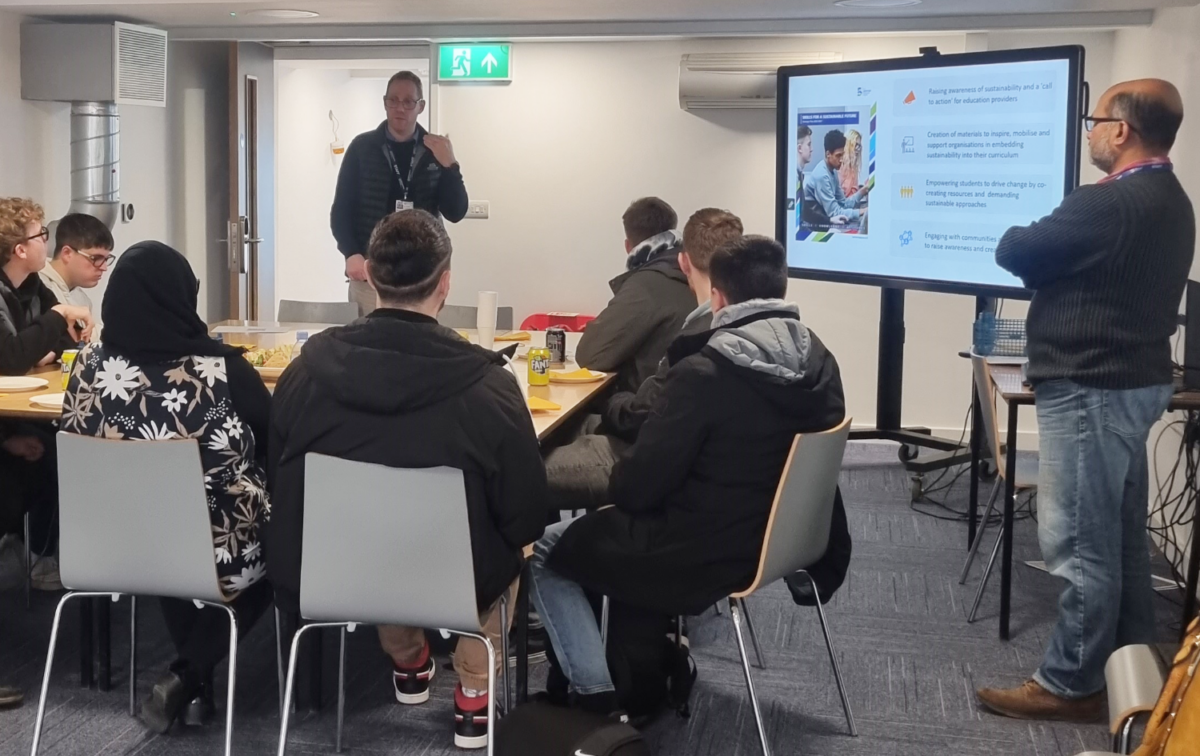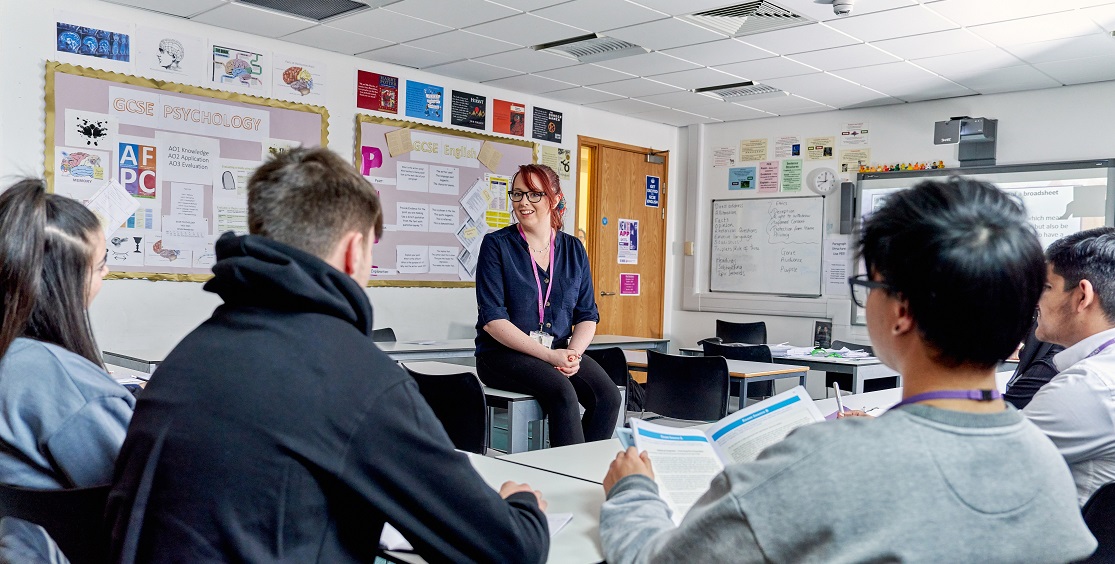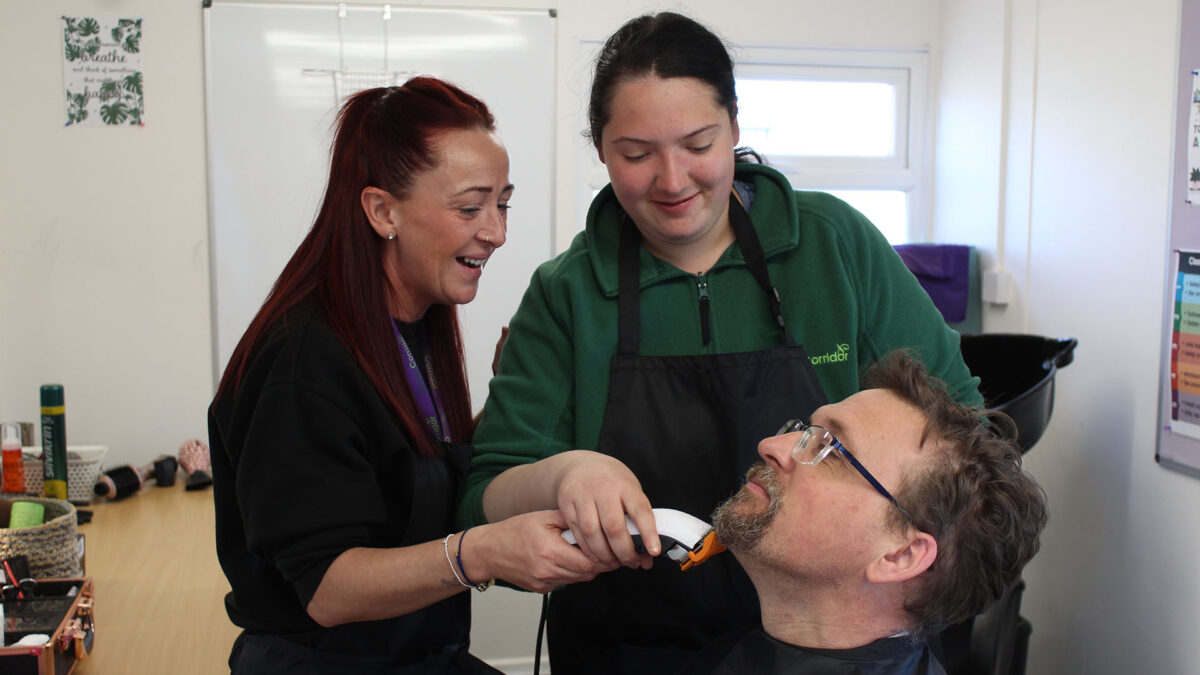150 years before no more young people will end up NEET

On the day that the Office for National Statistics releases its latest unemployment figures, a new report from the education think tank EDSK, supported by the Youth Futures Foundation, finds that on current trends it will take over 150 years before there are no longer any young people who are ‘not in education, employment or training’ (NEET) in England.
At the end of the 2021, the proportion of young people who were NEET after leaving school or college stood at 12.6 per cent – just 0.4 per cent lower than in 2016 and only 0.7 per cent lower than in 2002. As a result, the report calls on the government to overhaul the secondary education system to ensure that vulnerable young people do not get left behind during these crucial years in their academic and personal development.
The report finds that the Government is not investing enough in supporting those young people at greatest risk of disengaging from their education. From 2004 to 2011, young people aged 16 to 19 from low-income households were entitled to up to £30 per week through the Education Maintenance Allowance (EMA) to help cover costs such as transport to and from school / college. EMA had a positive impact on participation and attainment, yet the amount of financial support available to young people has since plummeted from £580 million in 2011 to just £150 million today, with far fewer young people receiving help as a result. Another area that has suffered from inadequate investment is mental health services, with the number of referrals to Child and Adolescent Mental Health Service in 2021 being 50 per cent higher than in 2020 and a third of young people accepted onto waiting lists in 2020-21 still currently waiting for treatment.
The report also shows that the ongoing bias towards academic subjects is undermining the self-esteem and attainment of many young people, increasing the likelihood that they will drop out of education and training. Previous schemes such as ‘Young Apprenticeships’ gave pupils as young as 14 the chance to spend time in either the workplace or a local college alongside their academic subjects at school. Numerous reviews by Ofsted and other researchers found that pupils, teachers and parents all agreed that these types of programmes engaged and re-engaged thousands of learners as well as improving their confidence and behaviour and even their performance in subjects at school. Employers also praised the employability skills that young people developed such as communication, good timekeeping and teamwork. However, the government has closed down such schemes over the past decade, with pupils now expected to focus almost exclusively on learning traditional subjects in the classroom until at least age 16.
In addition, this report reveals a lack of accountability and coordination across government for tackling youth unemployment, with no single department or minister responsible for this vital task. As a result, different departments often create well-intentioned but overlapping initiatives such as ‘Careers Hubs’ (Department for Education) and ‘Youth Hubs’ (Department for Work and Pensions) – both of which aim to provide young people with information and guidance on careers and job opportunities in their local area. This can make it harder for young people, particularly those from more disadvantaged backgrounds, to navigate the system and get advice on how to find a suitable job, training opportunity or place in education after leaving school or college.
This report concludes that a new approach is needed to bring about a sustained fall in the number of young people who do not progress into education, employment or training, with a much greater emphasis on prevention rather than cure. To meet this goal, the EDSK report makes the following recommendations:
- Create a ‘CareersLink’ service that reports into a new ‘Minister for Skills and Youth Employment’. CareersLink will act as a one-stop-shop for 14 to 24-year-olds in England to help young people, particularly those from less privileged backgrounds, to make a successful transition from school or college into employment.
- Introduce a new ‘Young Traineeships’ programme for 14 to 16-year-olds that offers extended work placements alongside their school subjects to enhance their employability skills as well as encouraging them to remain engaged and progress in their studies.
- Reform the school accountability system by scrapping the ‘EBacc’ performance measure and refocusing ‘Progress 8’ to eradicate the bias towards academic subjects and allow pupils to study the subjects that best suit their interests and abilities.
- Provide an extra £75 million a year of financial support to 16 to 18-year-olds from low-income households and other vulnerable groups (e.g. care leavers, students with disabilities) to help cover their costs and keep them engaged in education and training
- Invest an additional £155 million to improve the availability and accessibility of mental health services for young people over the next two years.
Tom Richmond, director of EDSK and lead author of the report, said:
“After two decades of failing to make any notable progress in reducing the number of young people who become NEET after leaving school or college, it is time for government to look again at why thousands of students are still leaving our education system every year with poor academic results and low self-esteem.
“This failure to engage many young people is needlessly driving some of them out of the education and training system by undermining their motivation, aspirations and confidence over the course of several years. It is then left to taxpayers and society to subsequently spend considerable sums of money trying to bring these young people back into the fold later. Not only is this desperately inefficient from a public expenditure perspective, it is also a tragic waste of young people’s talents.”
Harriet McCann, Director of Engagement, Youth Futures Foundation said:
“The findings of this report lay bare a system that does not support one in 10 of our young people to successfully transition into good jobs, training or further education. It is more effective and efficient to provide support to young people before they become NEET. That’s why we fund organisations like the Cumbria Youth Alliance, Making the Leap and 15billionebp. We test and evidence the best approaches to breaking down barriers and improving access to employment for young people at risk of becoming NEET.”
A Youth Futures Foundation ‘Future Voices’ Ambassador, aged 20, said:
“I felt like there wasn’t support for me when I was NEET, it had a huge impact on my mental health. From an educational point of view, I felt really let down with my school and college. ‘Every child deserves an education’ didn’t seem to apply when it came to their support of me. Being an autistic person meant I had to fight to achieve my GCSEs. I thought, if this is education, how will I cope in employment? Let’s focus on making education truly accessible and enjoyable for young people with all needs. Let’s challenge ableism in education and try to combat grades-based pressure on schools and young people, resulting in them only prioritising high achievers. Let’s think about what success looks like for all young people.”











Responses